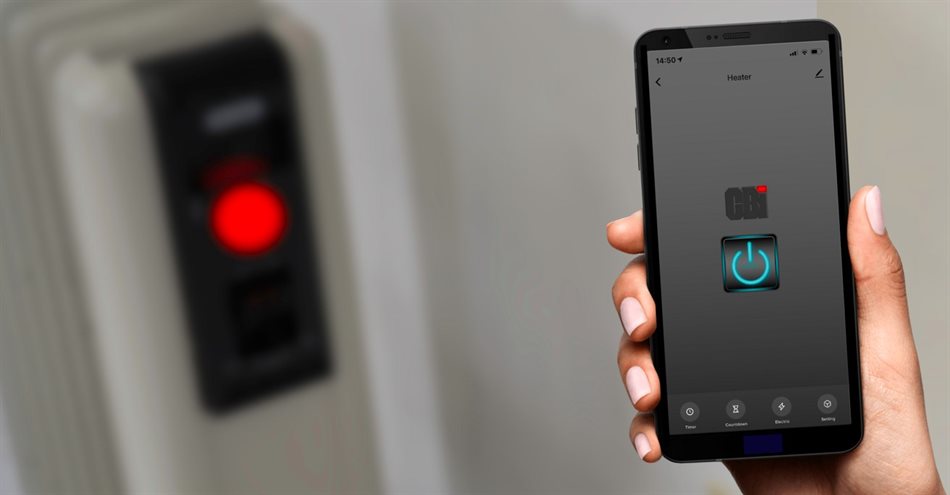He explains that to ensure user cooperation with the demand side management policy, Eskom has proposed the installation of a smart meter in every household across the country over the next four years, in combination with time-of-use tariffs. “This will affect consumers in two major ways. Firstly, the cost of electricity during peak times will be significantly higher. Secondly, the supply of electricity to a home will be limited, forcing consumers to switch off appliances that draw large amounts of electricity, like geysers or stoves, before the load limit is reached and Eskom cuts off their power.
"The consumer will need to decide where to utilise the limited power they have in order to get the best return for the price they will be paying. Alternatively, they will have to change their routine to capitalise on off-peak demand periods and have minimal appliances and systems operating during peak periods. Both factors will push consumers to reduce their consumption during peak periods, thereby reducing overall demand on the grid.
“The rationing of electricity in this way will force consumers to keep a very close eye on how much they use, but Eskom’s smart meter will only be able to tell them – and the power utility – when, and how much electricity is consumed. For households to be able to limit their consumption, they require more granular data to know exactly what is drawing the most energy,” points out Dickson.
“With 3.62 million South African households set to be actively using smart home technologies by 2027, these tools could be used to monitor and provide in-depth data about the electricity usage of individual appliances and systems. With this information, users can make decisions about where they could be cutting down on usage to avoid hitting their load limit and having Eskom switch off their electricity for an indeterminate amount of time,” he adds. “This technology is already available in South Africa, with the CBI Astute Range of energy monitoring, scheduling and control devices helping thousands of people to track, plan and control their energy consumption."

Dickson notes that, as the country’s cost-of-living crisis is worsening, with about one in three consumers already struggling to pay their bills, South Africans will need to plan when and where to use electricity to reduce usage during peak times or else be prepared for increased costs and possible penalties. “The time-of-use-tariff will see people being billed different amounts based on the time of day, so they will need to try and use energy-draining appliances like geysers and washing machines outside of those more expensive times. Smart home technologies like the CBI Astute Smart Controller can also be used in this instance to schedule heavy loads to turn on only during those periods when it costs less.”
“Whether the demand side management solution will have the desired effect on the country’s consumption remains to be seen, but it will push the power back into South Africans hands to be more conscious about how much electricity they use as well as when. Hopefully, this strategy will be less disruptive to daily life than load shedding is and has been over the past 16 years,” he concludes.
For more information about the CBI Astute Range, go to https://cbi-lowvoltage.co.za or follow CBI-electric: low voltage on Facebook, Instagram, LinkedIn, Twitter or YouTube.
